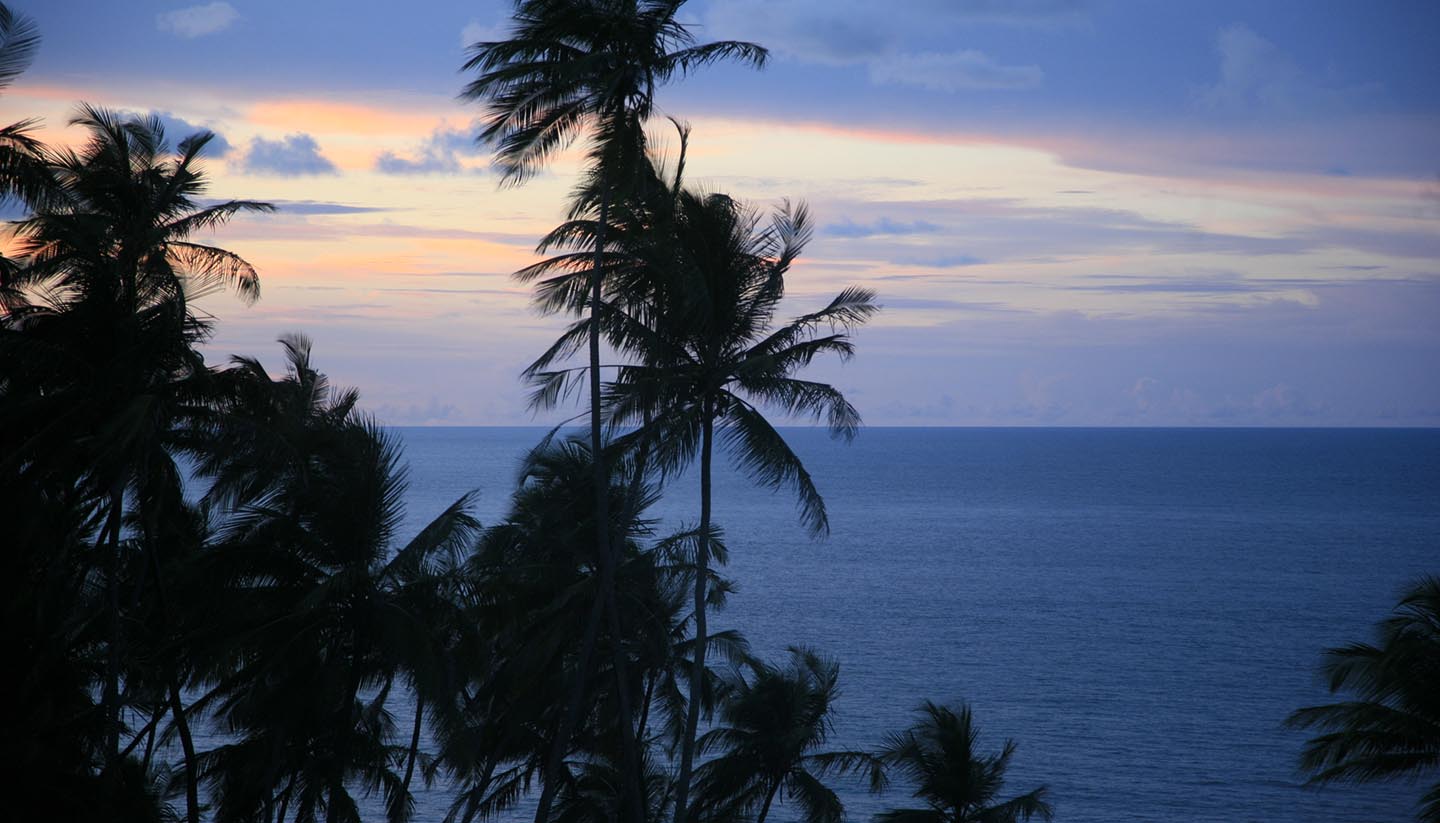French Guiana History, Language and Culture
History of French Guiana
French Guiana was discovered by the Spanish in 1496, displacing the original inhabitants, who were tribal Amerindian peoples, including Arawaks and Caribs. A century later, French settlers moved in, forming trading colony in Cayenne and along the coast.
Under the 1667 Treaty of Breda, the Dutch, who had also shown an interest in the area, were forced out. Numerous changes in control followed over the next 200 years, alternating between France, Britain, the Netherlands and Portugal, until the territory was finally confirmed as French in 1817.
The colony enjoyed a brief period of prosperity in the 1850s when gold was discovered, but afterwards went into a decline from which it has never fully recovered. Penal colonies for French convicts were also built on the offshore Devils’ Island in the 1850s. Inmates included the convicted murderer, Henri Charriere, who wrote about his brutal treatment in the prison (and his subsequent escape) in his book Papillon.
French Guiana was finally given French Overseas Department status in 1946. However, the territory was largely neglected by Paris, and continued to deteriorate until civil unrest broke out in the 1970s. After a security crackdown, the central government promised various improvements. These failed to materialise until the Mitterrand presidency, under which a series of reforms was introduced in 1982 and 1983. Some decentralisation also took place: local affairs are now dealt with by the Regional Council.
The economy has been boosted since the 1960s by the construction of the European Space Agency’s Guiana Space Centre in Kourou, which was built there because of its proximity to the equator. European and Russian space missions still use the site, which is also one of French Guiana’s top tourist attractions.
The domestic political agenda has been generally dominated by heated complaints over the territory's relatively poor social and economic conditions compared to those in France. The alternatives to being an integral part of the French state are self-government and independence. However, enthusiasm for either is lacking, and the small independence movement has made little headway in recent years. The French government has also made it clear that it will not countenance any change in French Guiana's status for the time being.
Did you know?
• The notoriously harsh penal colonies of the offshore Iles du Salut, housed some 80,000 French criminals during the 19th and 20th centuries – most never returned.
• The French Foreign Legion has a regiment based in French Guiana, whose job is to protect the Guiana Space Centre.
• The original Galibi and Palikur inhabitants of French Guiana resisted enslavement by the colonial invaders, who instead imported thousands of slaves from Africa.
French Guiana Culture
Religion in French Guiana
Roman Catholic majority, although there are other Christian churches.
Social Conventions in French Guiana
Conservative casual wear is suitable almost everywhere. On beaches, modest beachwear is preferred.
Language in French Guiana
The official language is French, though most of the population speak a Creole patois. English is also widely spoken.

